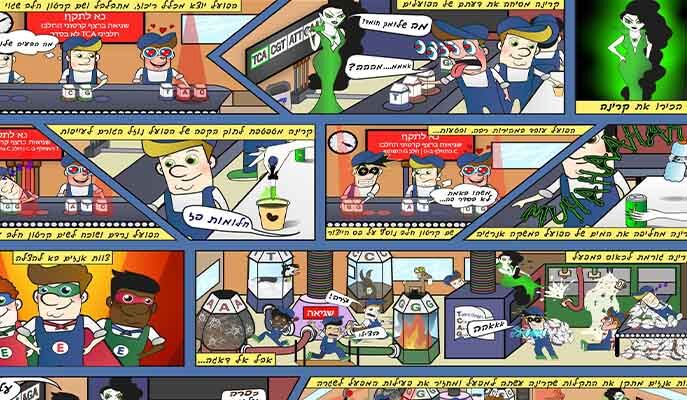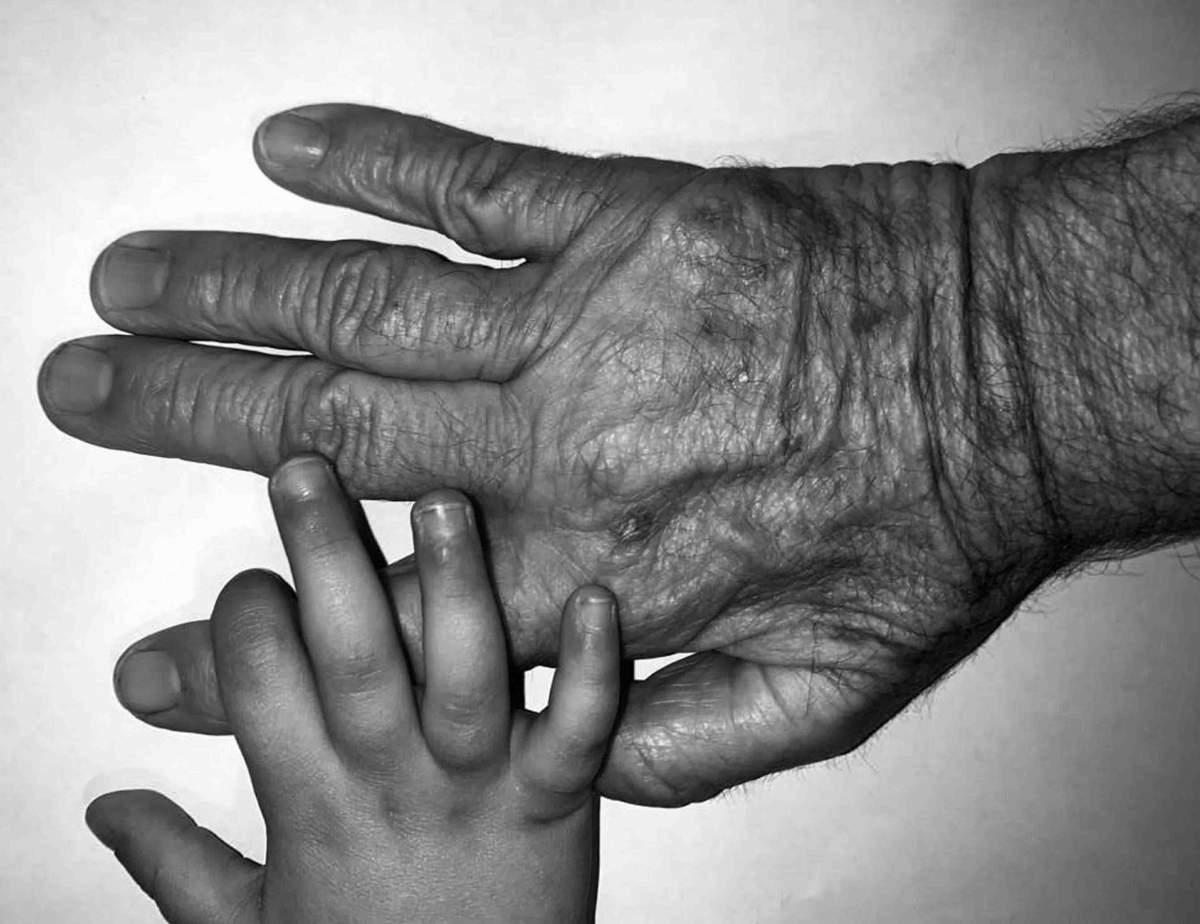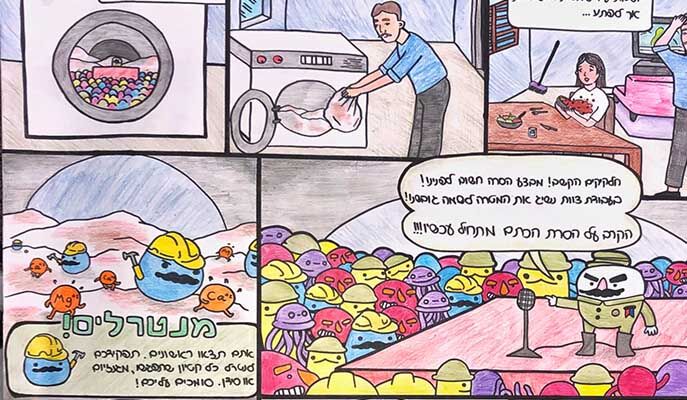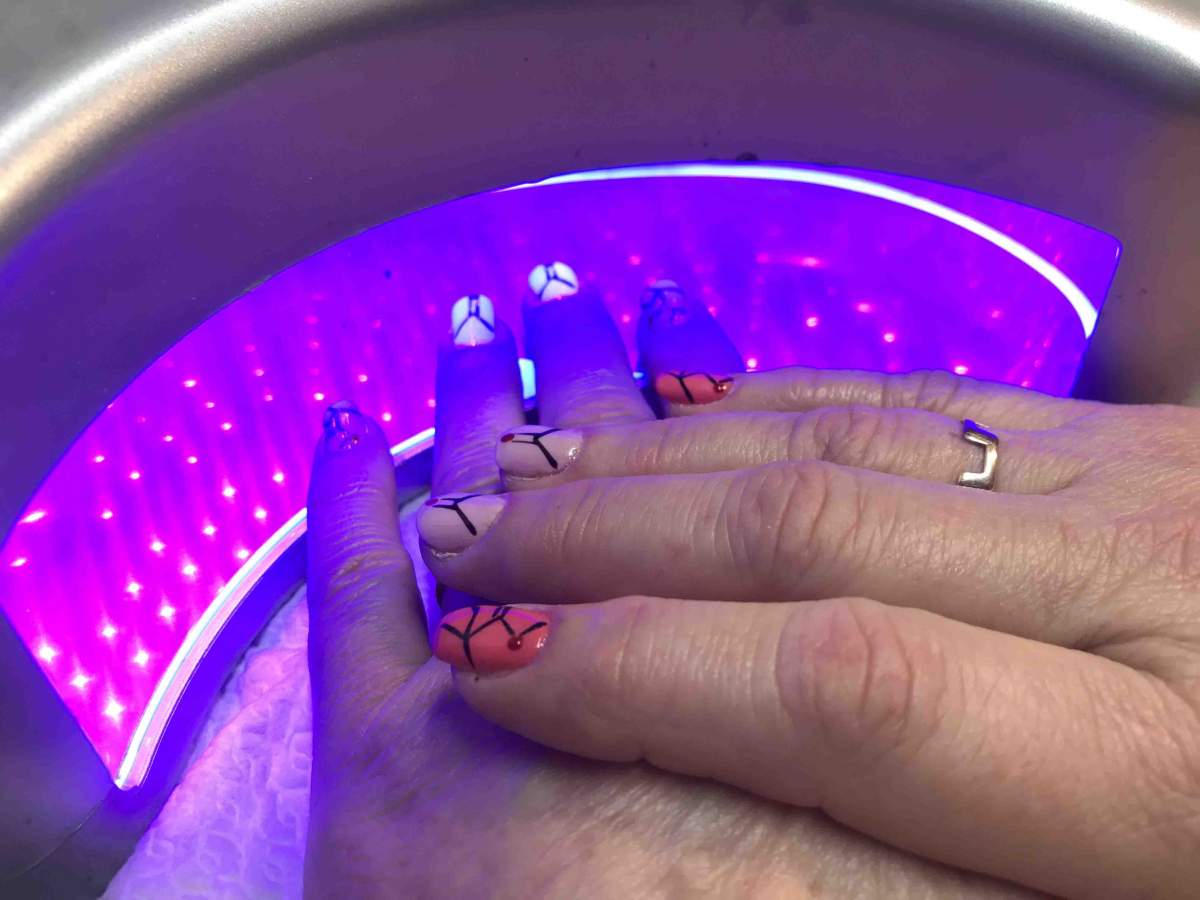Are you a journalist? Please sign up here for our press releases
Subscribe to our monthly newsletter:

“We Have Chemistry!” is a national project competition for students in grades 9-12, conducted and coached, for the past 12 years, through a close collaboration between the chemistry group in the Weizmann Institute’s Science Teaching Department, Israel Chemicals Ltd. and the Ministry of Education. The high point of the competition is the finalists’ conference where students get to visit the Weizmann Institute, present their projects to their peers and hear the winners announced. The students, who have spent hours and days working on their entries, look forward to this closing conference. This year, in a swift two-week transition, the project leaders were obliged by circumstances to create an online format for the conference – one that would still be the exciting pinnacle of the competition.

Prof. Ron Blonder, head of the chemistry group in the Institute’s Science Teaching Department, says that they were determined not to let the coronavirus affect this crucial program which aims to encourage them to pursue careers in some field of chemistry, through getting participants to create their own projects on topics in chemistry that relate to everyday life and in this way discover the influence Chemistry has on the individual and on society..
The project is headed at the Institute by Dr. Debora Marchak, who says: “The participants initiate a free and personal exchange with industry professionals and academics, as well as chemistry teaching experts. The process creates a strong personal and emotional bond between the students and the chemistry content.” The final event showcases the work of the top teams, who also present their projects in front of the other competitors, chemistry teachers, academics and industry professionals.
Kotar Abu Al Sayyed, an 11th grader, who placed second in the podcast category, said: “Although I was worried at the beginning about participating and what it would require in terms of time, in the end it was an amazing experience and I learned new things. I really enjoyed myself. Listening to the podcast we recorded, before we submitted it, I took pride in it and in all our effort.”

For the team, organizing the online conference presented a huge challenge. Over a period of just two weeks, the whole event had to be designed, developed, and executed. That meant tossing or reworking much the planning that had gone into the conference for the past 10 months. Of 1,400 competitors, 170 reached the finals; so the team worked to create a new conference to which all finalists and their teachers could attend digitally, and enjoy themselves in the process. For that purpose, they had to create format that would be participatory: “We divided the workload into conference blocks: brief greetings, a captivating corona-related lecture by a Weizmann Ph.D. student, a real-time Kahoot quiz, a virtual exhibition of the top photography projects followed by a student vote for the best photograph, and announcing the winners,” says Marchak. About 200 students and teachers attended; Dr. Dorit Teitelbaum, Chemistry Supervisor in the Ministry of Education, and Erez Kama, Director of Community and Environmental Relations at Israel Chemicals, both sent a recorded greeting to finalists.
Professor Blonder adds that the essence of the competition is giving the students the freedom to choose and control every detail, deciding what is relevant for them. Blonder adds: "The ability to choose creates a very strong connection - students remember the details of their project years later. To us, that is one of the big goals of the project.”

Prof. Ron Blonder was also called upon to help the Feinberg Graduate School make the transition to online distance learning. “Teaching involves more than just conveying content,” she says. “The lecturer must adapt to a new medium. For example, we proposed breaks in the lectures for questions and discussion. And I emphasized the need to take into account the emotional states of the students who were facing stressful situations and may have been trying to learn with small children or other pressures in their homes.”
Prof. Gilad Perez, Dean of the Feinberg Graduate School, began by postponing the beginning of the spring semester, and, together with Ruth Kamensky, the graduate school’s course coordinator, they led the process of converting more than 100 classroom courses to online formats. Among other things, they organized four training sessions that were well-attended.
Blonder thinks that even after students return to the classroom, “the power of online teaching will remain with us after the coronavirus outbreak. There are technological tools that we can habitually integrate into the lesson plan alongside frontal learning.”
Perez, Blonder and Kamensky, learning from this experience, are now in the process of creating an archive of the recorded lectures from all the courses. “This will be a great thing that will, potentially, benefit current students as well as future ones,” says Perez.
Prof. Ron Blonder is Head of the Rothschild-Weizmann Program.